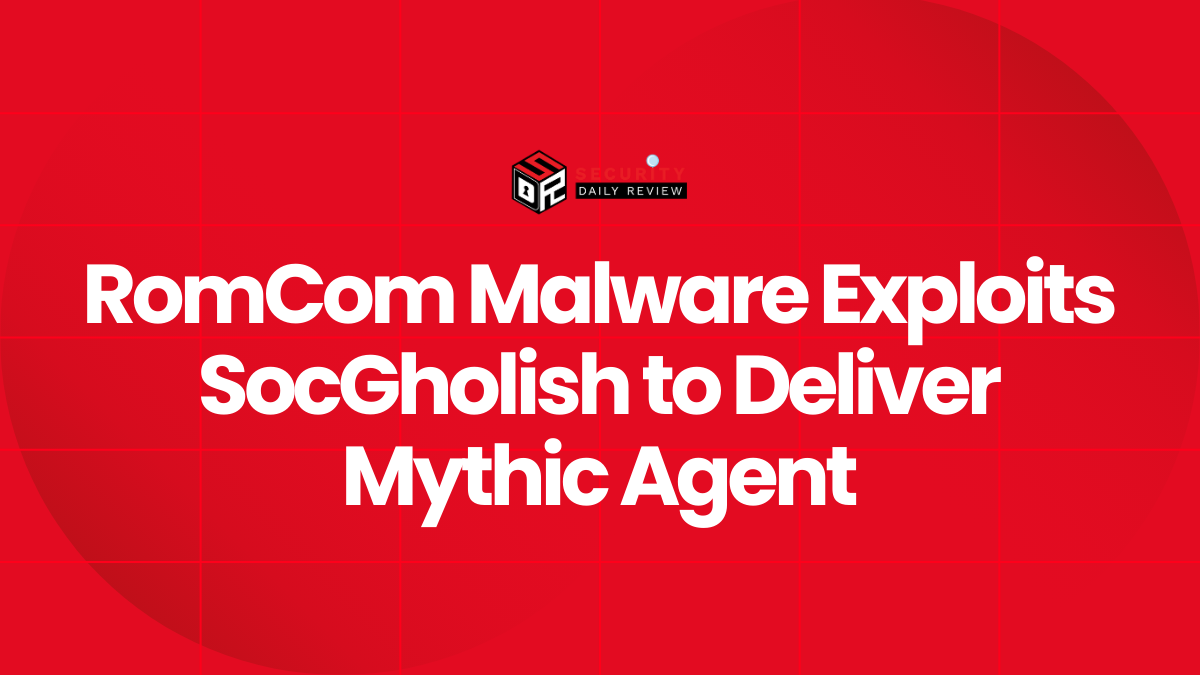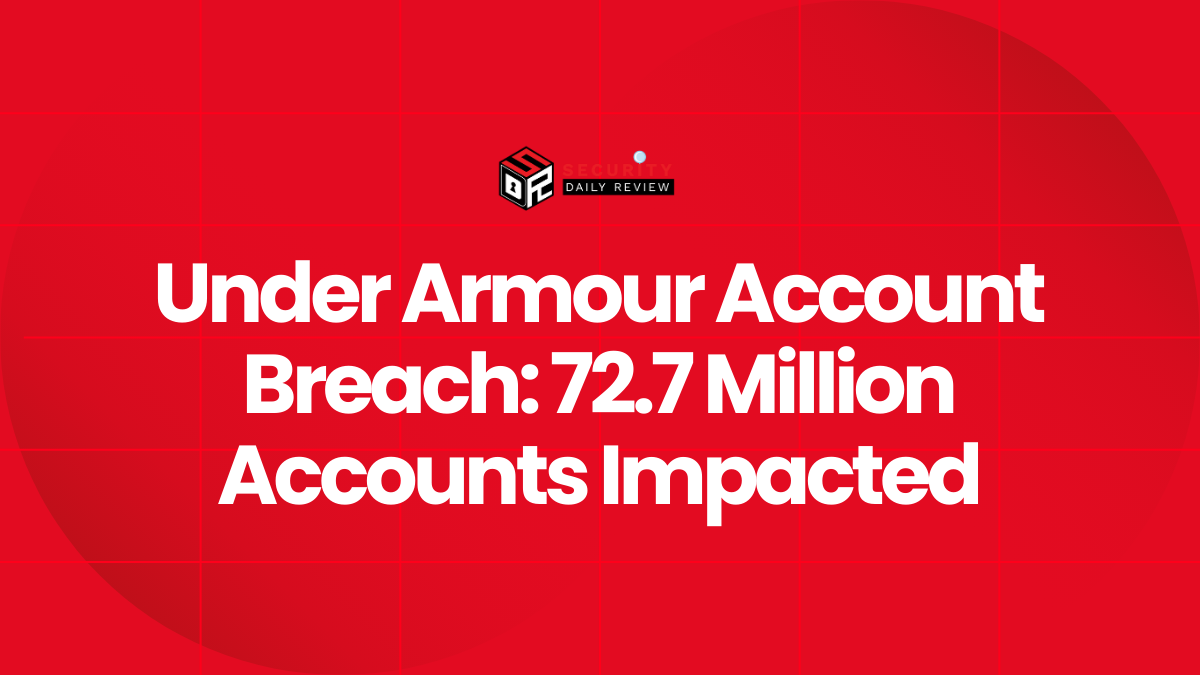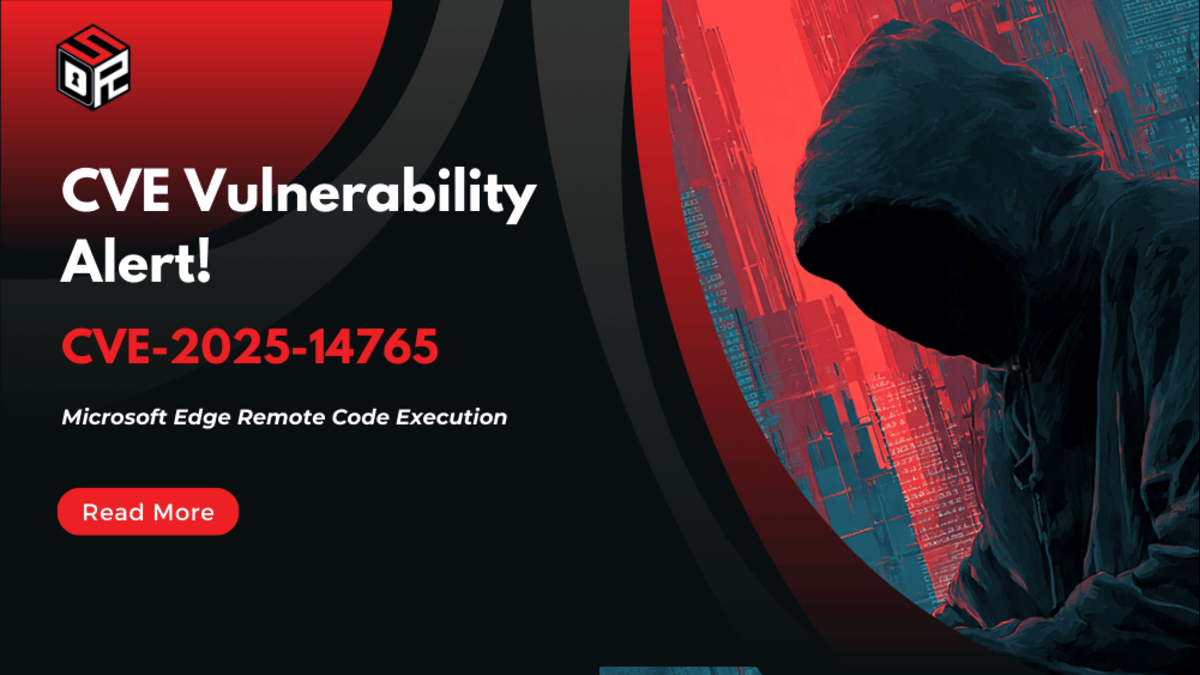In a concerning development for cybersecurity defenses, RomCom malware has been identified employing the SocGholish update loader to introduce the Mythic Agent into vulnerable systems. This attack, observed in September 2025, specifically targeted a U.S. civil engineering firm. The innovative strategy highlights the constant adaptation and sophistication of threat actors.
SocGholish Loader Proves an Effective Gateway
Researchers at Arctic Wolf Labs spelled out how the SocGholish fake update loader was co-opted by the RomCom threat actors. This tactic involved leveraging SocGholish to deploy Mythic Agent—an evolution in their methodology, marking a significant step in malware deployment techniques.
The payload’s deployment shortly after the initial breach—specifically a delay of approximately 10 minutes—offers strategic insights into the time-bound processes these actors depend on. Understanding this timing is crucial for developing responsive defensive measures.
The Threat Actor Landscape: Adaptation and Evolution
Cyber threats are ever-evolving, and the usage of SocGholish by RomCom malware exemplifies how threat actors innovate to circumvent defenses. This particular method illustrates the importance of staying ahead in the cybersecurity field by continually updating threat detection tools and methodologies.
Key Takeaways for Cybersecurity Professionals:
- Recognize and monitor similar malware strains using update loaders.
- Refine incident response plans to include quick identification and response to novel execution timelines.
- Integrate new signatures and behaviors into threat databases to bolster defenses at enterprise levels.
Defending Against RomCom’s Innovative Malware
The attack underscores the need for a comprehensive, updated approach to cybersecurity. Defenders need to integrate advanced machine learning and threat intelligence to counter such adaptive malware tactics effectively.
Strategies for Prevention:
- Employ advanced threat detection systems capable of recognizing novel payload delivery methods like SocGholish.
- Enhance user awareness training to recognize and respond to unusual update prompts, reducing social engineering susceptibility.
- Update endpoint security frequently to address evolving exploit methods and minimize exposure to innovative threats.
In light of these findings, cybersecurity professionals must urge focus on adaptive defenses against evolving threats like RomCom, showcasing the perpetual challenge of staying ahead in the cybersecurity domain.










